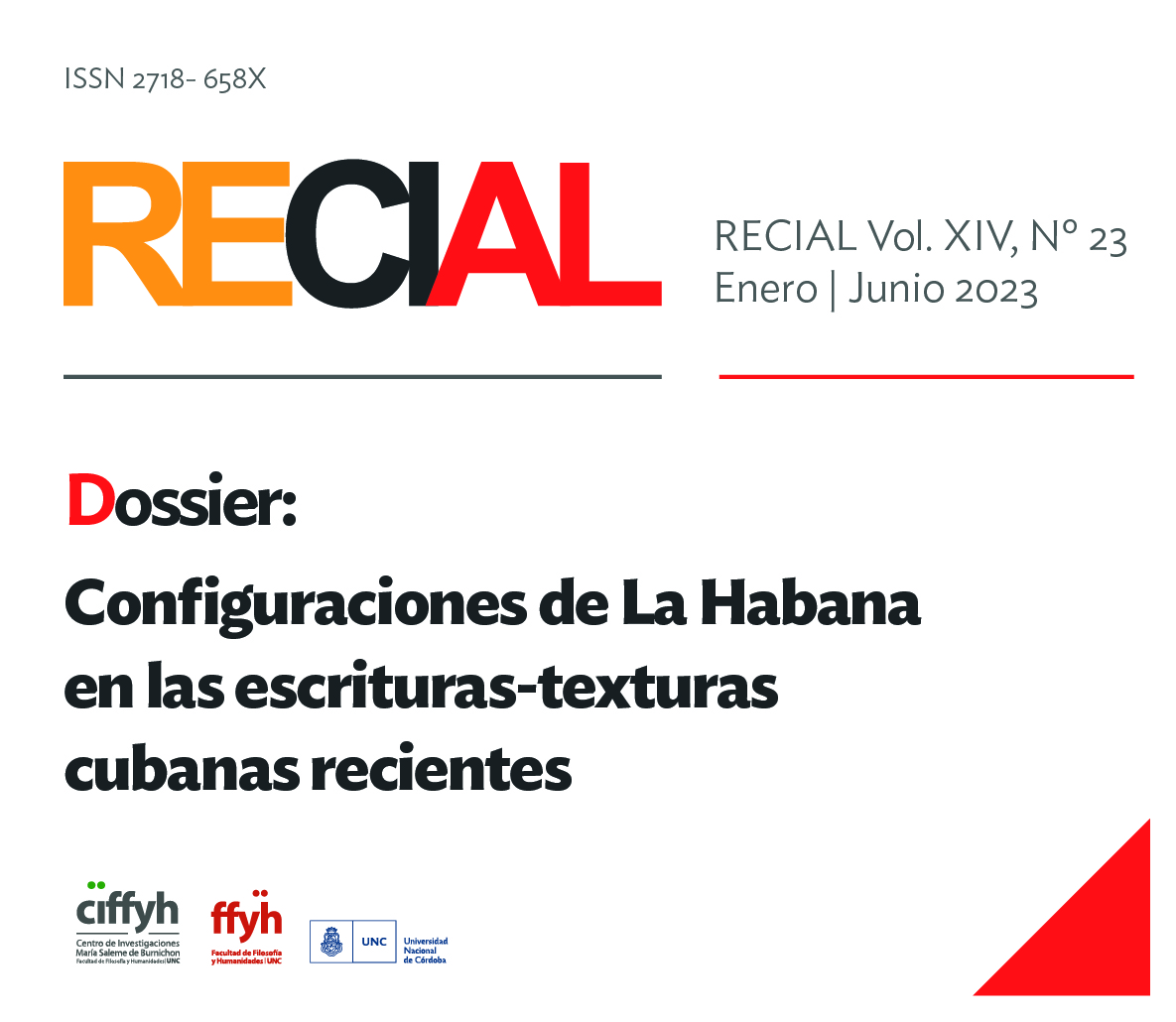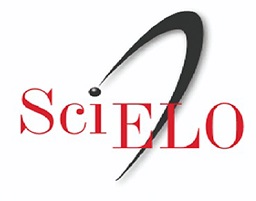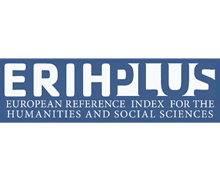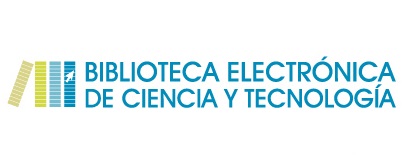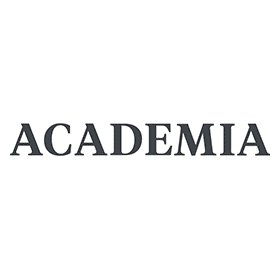Archive: “To live inside a memory stick”
DOI:
https://doi.org/10.53971/2718.658x.v14.n23.41368Keywords:
Cuban literature, media, memory, archiveAbstract
Jorge Enrique Lage’s novel Archive, is a document that does not follow a conventional literary structure. In it, both formally and in thematic terms, the author emphasizes his attempt to use the literary platform as an archive that reflects the interweaving between the personal and the collective, and between the individual and the nation. Using the tools provided by fiction writing, Lage analyzes notions such as citizenship, civil society, and national defense. While doing so, the author juxtaposes supernatural imaginaries like the ghost, the zombie, the doppelganger and the cyborg, to realistic narratives that recreate the queer body and the figure of the spy, summoning a space of alterity for Cuban literature. This study demonstrates that the literary space proposed by Jorge Enrique Lage in Archivo is one of political intervention through memory.
Downloads
References
Aguilera, C. (8 de enero de 2017). Jorge Enrique Lage, la memoria portátil. El Nuevo Herald, 3-4.
Ajuria Ibarra, E. (2012). Permanent Hauntings: Spectral Fantasies and National Trauma in Guillermo del Toro’s El espinazo del diablo. Journal of Romance Studies 12.1, 56-71.
Campbell, P. O. (2013). Intersectionality bites: Metaphors of Race and Sexuality in HBO's True Blood. En M. Levina y D. M. T. Biu (Eds.), Monster Culture in the 21st Century. A Reader. (pp. 99-114). New York: Bloomsbury Publishing.
Alcalá González, A. y Bussing Lopez, I. (Eds.) (2020). Doubles and Hybrids in Latin American Gothic. New York: Taylor & Francis.
Edel, A. (2018). Relating Humanities and Social Thought. New York: Taylor & Francis.
García Vega, L. (27 de diciembre de 2010). Cartas abiertas: Lorenzo y Ponte. Ping-Pong Zuihitsu (Proyecto de novela epistolar) [Entrada en un blog]. Recuperado de http://pingpongzuihitsu.blogspot.com/2010/12/carta-antonio-jose-ponte.html
Lage, J. E. (2015). Archivo. Editorial Hypermedia.
Lage, J. E. (2012). El color del verano (Mockumentary). En Maqueira, E. y Terranova, J. (Eds.). Región. Antología del cuento político latinoamericano. Buenos Aires: Interzona Editora.
Lage, J. E. (2014). La autopista: the movie. La Habana: Ediciones Caja China.
Rank, O. (1971). The Double: A Psychoanalitic Study. North Carolina: University of North Carolina Press.
Pielak, C. y Cohen A. H. (2017). Living with Zombies: Society in Apocalypse in Film, Literature and Other Media. Jefferson, North Carolina: McFarland and Company, Inc. Publishers.
Ponte, A. J. (2014). Villa Marista en plata: Arte, política, nuevas tecnologías. Editorial Hypermedia.
Ponte, A. J. (31 de diciembre de 2004). Permanencia del espía y del fantasma. Letras Libres. Recuperado de https://www.letraslibres.com/mexico-espana/permanencia-del-espia-y-del-fantasma.
Romero, G. (Dir.) (1968). Night of the Living Dead. Película. United States: Continental Distributing.
Spooner, C. (2017). Post-Millennial Gothic. “Post-Millennial Gothic: Comedy, Romance and the Rise of Happy Gothic. London: Boomsbury.
Una mirada jurídica de la transexualidad en Cuba. (1 de octubre de 2010). Recuperado de https://ambitojuridico.com.br/edicoes/revista-81/una-mirada-juridica-de-la-transexualidad-en-cuba/
Verran, J. y Aldana Reyes, X. (2018). Emerging Infectious Literatures and the Zombie Condition. Emerging Infection Diseases, (pp. 1774-1778). Manchester: Manchester Metropolitan University.
Downloads
Published
Issue
Section
License

This work is licensed under a Creative Commons Attribution-NonCommercial-ShareAlike 4.0 International License.
Aquellos/as autores/as que tengan publicaciones en esta revista, aceptan los términos siguientes:
- Los/as autores/as conservarán sus derechos de autor y garantizarán a la revista el derecho de primera publicación de su obra, el cuál estará simultáneamente sujeto a la Licencia de reconocimiento de Creative Commons que permite a terceros compartir la obra siempre que se indique su autor y su primera publicación esta revista.
- Los/as autores/as podrán adoptar otros acuerdos de licencia no exclusiva de distribución de la versión de la obra publicada (p. ej.: depositarla en un archivo telemático institucional o publicarla en un volumen monográfico) siempre que se indique la publicación inicial en esta revista.
- Se permite y recomienda a los/as autores/as difundir su obra a través de Internet (p. ej.: en archivos telemáticos institucionales o en su página web), luego de su publicación en la revista. (Véase El efecto del acceso abierto).

